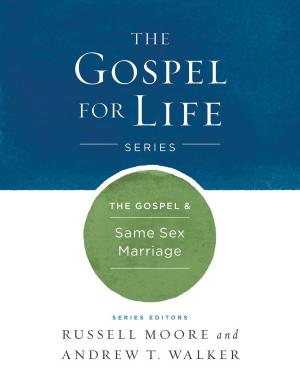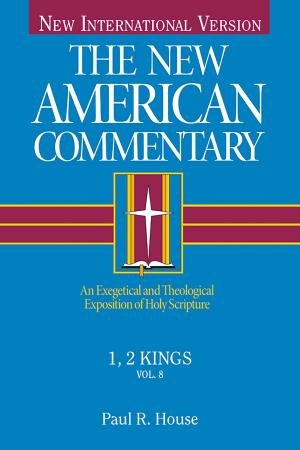| Author: | Malcolm B. Yarnell III | ISBN: | 9781433669866 |
| Publisher: | B&H Publishing Group | Publication: | November 1, 2007 |
| Imprint: | B&H Academic | Language: | English |
| Author: | Malcolm B. Yarnell III |
| ISBN: | 9781433669866 |
| Publisher: | B&H Publishing Group |
| Publication: | November 1, 2007 |
| Imprint: | B&H Academic |
| Language: | English |
The Formation of Christian Doctrine is a high-level academic study of the history of Christian doctrinal development. The book distinguishes at length between the scholarly term “inventio” (making explicit what is implicit in the biblical revelation) and the idea of “invention” (presenting a novelty as Christian teaching that conflicts with the biblical revelation).
Specifically, The Formation of Christian Doctrine identifies biblical inerrancy as an inventio but sees the “priesthood of believers” concept as a license to believe “whatever teaching seems right to me.”
Sure to be of interest in academic circles, even to those who might disagree with the author, this book will appeal to three major groups: Evangelicals in relation to the twentieth-century development of a detailed doctrine of biblical inerrancy, Baptists in light of both biblical inerrancy and the seventeenth-century development of believer’s baptism, and Roman Catholics because of their respect for
tradition and interest in such a challenging conservative Protestant perspective as is found here.
The Formation of Christian Doctrine is a high-level academic study of the history of Christian doctrinal development. The book distinguishes at length between the scholarly term “inventio” (making explicit what is implicit in the biblical revelation) and the idea of “invention” (presenting a novelty as Christian teaching that conflicts with the biblical revelation).
Specifically, The Formation of Christian Doctrine identifies biblical inerrancy as an inventio but sees the “priesthood of believers” concept as a license to believe “whatever teaching seems right to me.”
Sure to be of interest in academic circles, even to those who might disagree with the author, this book will appeal to three major groups: Evangelicals in relation to the twentieth-century development of a detailed doctrine of biblical inerrancy, Baptists in light of both biblical inerrancy and the seventeenth-century development of believer’s baptism, and Roman Catholics because of their respect for
tradition and interest in such a challenging conservative Protestant perspective as is found here.















